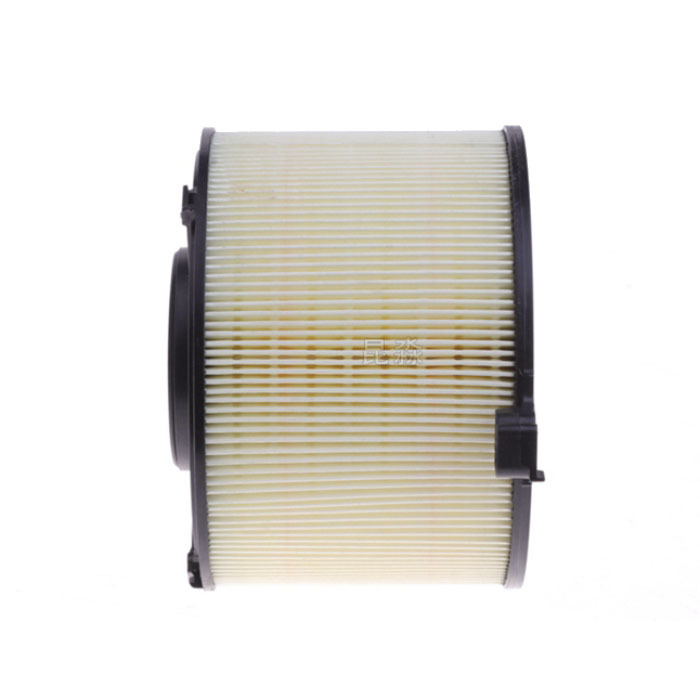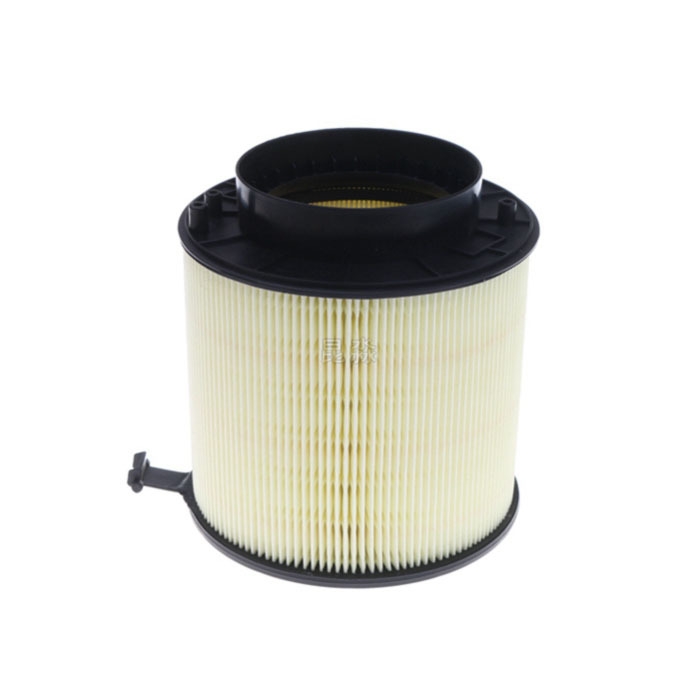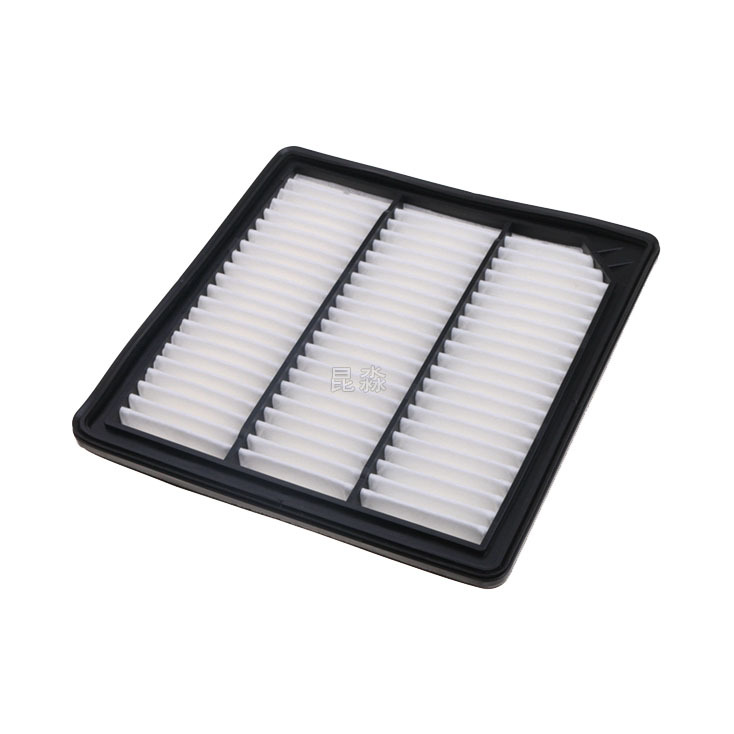Essential Signs Indicating It's Time to Replace Your Auto Air Filter
Release Time:
Jan 31,2025
Essential Signs Indicating It's Time to Replace Your Auto Air Filter Table of Contents 1. The Importance of Auto Air Filters 2. How Auto Air Filters Work 3. Signs of a Deteriorating Air Filter 4. Engine Performance Issues 5. Decreased Fuel Efficiency 6. Unusual Noises From the Engine 7. Visual Inspection of the Air Filter 8. The Replacement Process 9. Frequentl

Essential Signs Indicating It's Time to Replace Your Auto Air Filter
Table of Contents
- 1. The Importance of Auto Air Filters
- 2. How Auto Air Filters Work
- 3. Signs of a Deteriorating Air Filter
- 4. Engine Performance Issues
- 5. Decreased Fuel Efficiency
- 6. Unusual Noises From the Engine
- 7. Visual Inspection of the Air Filter
- 8. The Replacement Process
- 9. Frequently Asked Questions
- 10. Conclusion
1. The Importance of Auto Air Filters
The air filter in your automobile plays a crucial role in maintaining your vehicle's performance and longevity. It ensures that the air entering the engine is clean and free of debris, which is essential for optimal combustion. A well-functioning air filter contributes to a smoother ride, better fuel economy, and lower emissions. Recognizing when to replace this key component can save you from costly repairs and enhance your driving experience.
2. How Auto Air Filters Work
Auto air filters work by trapping dirt, dust, pollen, and other debris from the air before it enters the engine. The filter's design allows for a steady flow of air while preventing harmful particles from causing wear and tear on engine components. Typically, air filters are made from a combination of paper, foam, or cotton, each designed to capture contaminants effectively. Understanding how these filters function helps in identifying their importance to your vehicle’s overall health.
3. Signs of a Deteriorating Air Filter
As with any component of your vehicle, air filters can degrade over time. Here are the **key signs** that may indicate it’s time for a replacement:
4. Engine Performance Issues
If you notice a decline in your vehicle’s performance, such as hesitation during acceleration or a rough idle, it may point to a clogged air filter. A restricted airflow can lead to an imbalanced air-fuel mixture, causing the engine to work harder than necessary. Addressing these performance issues promptly is crucial for maintaining your vehicle’s efficiency.
5. Decreased Fuel Efficiency
A significant drop in fuel efficiency is one of the most noticeable signs of a failing air filter. When the air filter is clogged, the engine compensates by using more fuel to maintain power, resulting in higher consumption. If you find yourself filling up more often than usual, it might be time to check the air filter.
6. Unusual Noises From the Engine
Listen for any unusual noises coming from the engine compartment. A dirty air filter can lead to various sounds, including hissing or whistling. These noises may indicate that the engine is struggling to pull in enough air, which can signify that the air filter needs immediate attention.
7. Visual Inspection of the Air Filter
Performing a visual inspection of your air filter can provide valuable insights into its condition. Remove the filter from its housing and check for discoloration and dirt buildup. A clean filter will appear white or off-white, while a dirty filter may be black or heavily discolored. If you can see significant dirt accumulation, it’s time for a replacement, regardless of the mileage.
8. The Replacement Process
Replacing your auto air filter is a simple yet effective maintenance task. It can often be done at home with minimal tools. Here’s a step-by-step guide to replacing your air filter:
1. **Locate the Air Filter**: Refer to your vehicle’s manual to find the exact location of the air filter.
2. **Remove the Old Filter**: Unscrew or unclip the housing and carefully take out the old filter.
3. **Inspect the Housing**: Before installing a new filter, check the housing for any debris or obstructions.
4. **Install the New Filter**: Place the new filter in the housing, ensuring it fits snugly.
5. **Reassemble the Housing**: Secure the housing back in place, making sure all clips and screws are tight.
6. **Test the Vehicle**: Start your vehicle to ensure it runs smoothly and listen for any unusual sounds.
Regular maintenance should include checking the air filter every 12,000 to 15,000 miles or as recommended by your vehicle’s manufacturer.
9. Frequently Asked Questions
1. How often should I replace my auto air filter?
Most manufacturers recommend replacing the air filter every 12,000 to 15,000 miles. However, driving conditions and environment can affect this frequency.
2. Can a dirty air filter damage my engine?
Yes, a clogged air filter can lead to poor engine performance and increased wear on engine components, potentially causing long-term damage.
3. Will changing my air filter improve fuel efficiency?
Absolutely! A clean air filter helps the engine breathe better, leading to improved fuel efficiency and performance.
4. How can I tell if my air filter is dirty without removing it?
While a visual inspection is the best method, you may notice engine performance issues, decreased fuel efficiency, or unusual noises as indicators of a dirty filter.
5. Do all vehicles have the same type of air filter?
No, different vehicles have varying air filter types and sizes. Always consult your vehicle manual for the correct specifications and replacement parts.
10. Conclusion
Recognizing the signs that it’s time to replace your auto air filter is essential for maintaining your vehicle's performance and longevity. By being aware of the symptoms, such as engine performance issues, decreased fuel efficiency, and unusual noises, you can take proactive measures to ensure your car runs smoothly. Regular inspections and replacements of your air filter will not only enhance your driving experience but also contribute to better fuel economy and reduced emissions. Remember, a healthy engine starts with clean air, so take care of your auto air filter today!
Keywords:
More information






